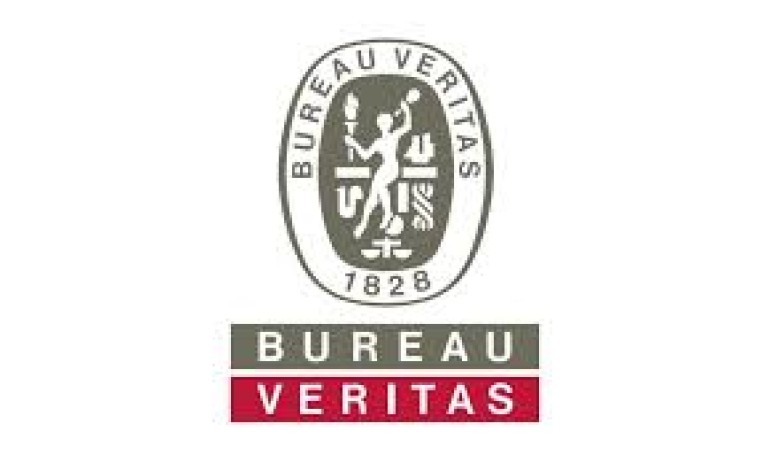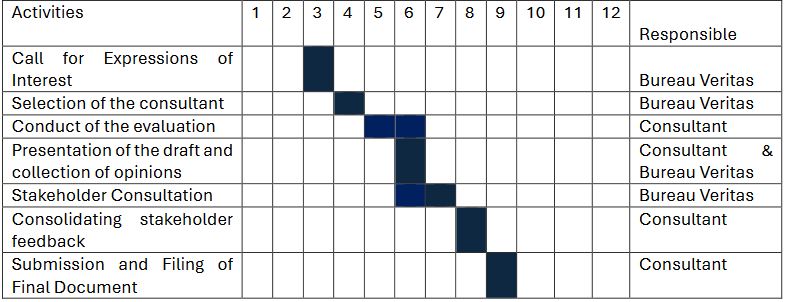Link(s) :


29.03.2024
Bureau Veritas published a call of interest for the adaptation of the OLB Forestry Companies and Chain of Custody certification standards to the requirements of the EUDR.

Since 2013, operators who place or import timber and derived products on the market have been required to comply with the requirements of the European Union Timber Regulation (EUTR), which aims to exclude illegally harvested timber from the
international timber market. According to the FAO (2020), 420 million hectares of forest will be lost globally between 1990 and 2020 and it is estimated that consumption in the European Union accounts for around 10% of this deforestation.
In order to minimise the European Union's contribution to deforestation and forest degradation, the Council of the European Union adopted the text of the European Union Deforestation Regulation (EUDR) to replace the EUTR. With the EUDR, we are witnessing a change of scale beyond the fight against illegality. While the EUTR only
covered timber, the EUDR has expanded the list of products to include beef, palm oil, soy, coffee, cocoa, rubber, and timber, and some of their derivatives. Deforestation is a global issue that is addressed in legislation outside the European Union, including the UK's Environmental Act and the US Forestry Act.
The Origin and Legality of Timber (OLB) certification is recognized in the EUTR requirements verification system, with a view to ensuring due diligence in compliance with legal requirements. It covers the requirements for compliance with legal requirements on forest management standards, environmental management, and the social aspect (workers' rights and safety, respect for community rights) in the countries of production and the traceability of wood products.
Bureau Veritas has not been left out of developments aimed at adapting to the issues and challenges of nature conservation. In this context, an initiative is underway to upgrade the OLB certification system in such a way as to meet the needs of all stakeholders in a timely manner in both the countries of production and the countries of destination.
General Objective: Adapt OLB certification standards with the new requirements set out in the EUDR in the fight against illegal logging, deforestation, and forest degradation.
Specific objectives:
The methodology of the work will consist of
This includes forest sector operators in producing countries, traders of wood products, competent authorities responsible for inspection in producing and destination countries, the Commission of the European Union and civil society actors.

The activities will take place in two (2) phases:
Phase 1: Conducting the evaluation + Presentation of the draft and collection of opinions.
Phase 2: Consolidation of stakeholder feedback + Presentation and Submission of the final document
The budget mobilised for the implementation of this project is 8,000 euros, spread over 20 working days (see detailed timetable).
The consultant will provide Bureau Veritas with the reference database (documents, websites, people consulted, etc.) that has enabled the OLB repositories to be updated. Bureau Veritas reserves the right to verify, on a sample basis, the effectiveness of the information taken into account.
In order to ensure a good understanding of the requirements, a public consultation with various stakeholders will be carried out, as well as a audit test to ensure that the points introduced as part of the update of the standards can be audited.
Any design office with one or more experts who meet the following conditions is eligible to participate:
Applications will be accepted until 25 April 2024. Candidates expressing an interest must send a file to the contact: christele.mafogang@bureauveritas.com, including:
Link(s) :